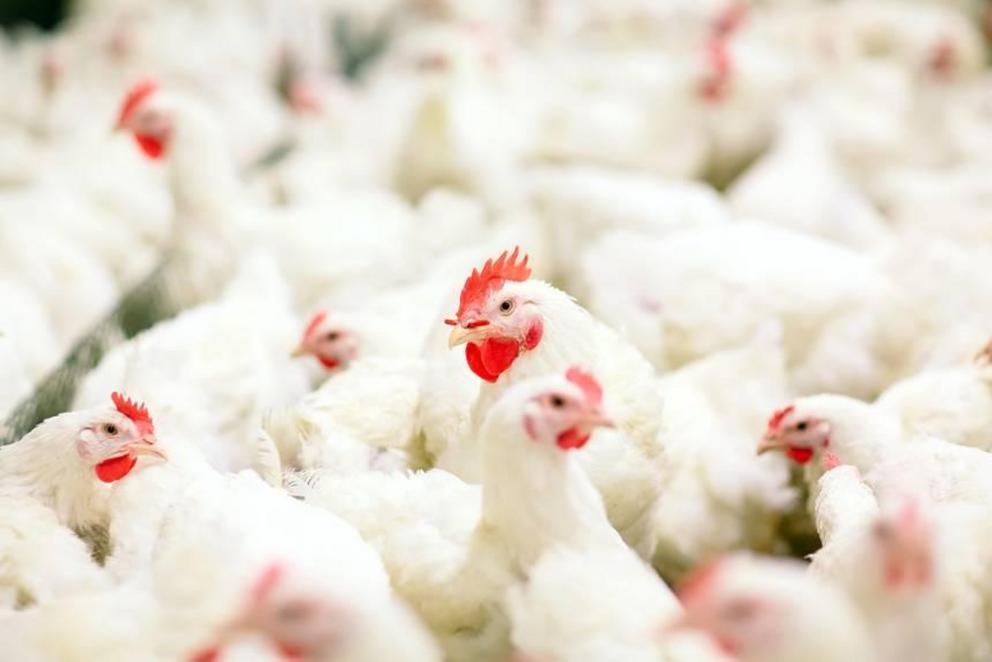Superbugs show up in nearly 80 percent of supermarket meat
Antibiotic-resistant bacteria, they're what's for dinner ... find out which meat has the most from a new analysis by the Environmental Working Group.
I've long remarked that bacteria shall inherit the Earth, a little ironic quip that seems to be growing in potential as humans continue to abuse antibiotics and, subsequently, coax monster bacteria into existence. Bacteria are wily things bent on survival – and apparently world dominance – and our showering them with antibiotics only serves to make them better, stronger, faster. Factory farms are the most fruitful breeding grounds for these super-strong bacteria, thanks to the prodigious use of antibiotics.
The World Health Organization calls antibiotic resistance a serious threat to global health and food security. And I'm not going to argue that.
Without effective antibiotics, we will have an unfathomable health crisis on our hands, but somehow, that hasn't inspired the United States federal government to stop allowing meat producers to give antibiotics to healthy animals. The practice aims to compensate for the abysmal conditions – stressful, crowded, unsanitary – that are part and parcel of factory farms.
“When one person or group misuses antibiotics, they cause resistance to the antibiotics to spread, hurting everyone in society,” says Dr. Brad Spellberg, who is the chief medical officer at the Los Angeles County and University of Southern California Medical Center, and associate dean for clinical affairs at the Keck School of Medicine at the University of Southern California. “It’s not acceptable for one group of people to profit by hurting everyone else in society.”
And now, Environmental Working Group has published a new report highlighting the problem.
EWG researchers analyzed more than 47,000 federal government lab tests of bacteria on supermarket meat and found that the most recent tests (2015) by federal scientists found antibiotic-resistant bacteria on nearly 80 percent of supermarket meat. And not just wimpy bacteria, they were all resistant to at least one of 14 antibiotics tested for by the National Antimicrobial Resistance Monitoring System, a federal public health partnership.
The superbugs were detected on 79 percent of ground turkey, 71 percent of pork chops, 62 percent of ground beef, and 36 percent of chicken breasts, wings and thighs sampled in supermarkets.
If that's not inspiration to embrace a plant-based diet, you're a braver human than I am.
“Consumers need to know about potential contamination of the meat they eat, so they can be vigilant about food safety, especially when cooking for children, pregnant women, older adults or the immune-compromised,” says Dawn Undurraga, EWG’s nutritionist and author of the report.
So, in the end, like so many other things lately, it's up to the consumer to be diligent. EWG has created two ways to help. First, a label decoder that explains the confusing and often deceptive claims on labels. They have also published a great set of tips on how to avoid superbugs in meat; you can download the PDF here.
“By choosing organic meat and meat raised without antibiotics, consumers can help reduce the amount of antibiotics used in farm animals and slow the spread of drug resistance,” Undurraga adds.
So until the FDA becomes more interested in favoring human health over factory farms, it's up to us to fight the superbugs.
For the rest of this article please go to source link below.

